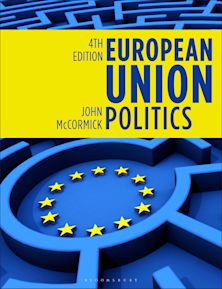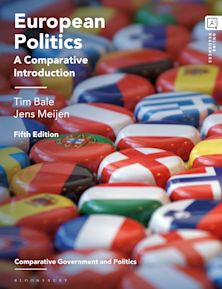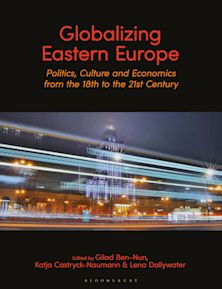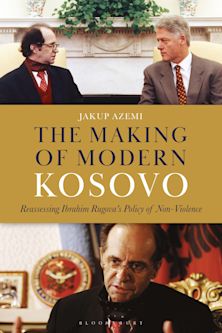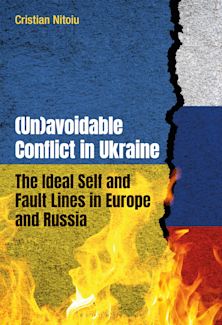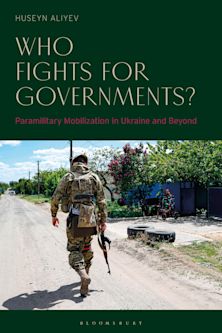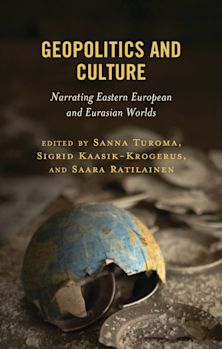- Home
- ACADEMIC
- Politics & International Relations
- European Politics
- State-Building in Kosovo
State-Building in Kosovo
Democracy, Corruption and the EU in the Balkans
State-Building in Kosovo
Democracy, Corruption and the EU in the Balkans
You must sign in to add this item to your wishlist. Please sign in or create an account
Description
The history of Kosovo is a complicated one which typifies the darker side of modern Balkan history. Milosevic s Serbia withdrew from Kosovo in 1999 and the province was handed over to a special UN body who governed until 2008, when the West allowed Kosovo to become independent. The aim was to erect a stable and well governed democracy, but the outcome was a fragile state, which still threatens the stability of the Balkans and Europe s internal security. How did this happen? Here, Andrea Lorenzo Capussela offers an inside look at the process of building democracy in Kosovo. As head of the economics unit of Kosovo s international supervisor, Capussela has had access to previously unknown sources and information regarding the roles of the EU and the US in the crisis. This will be an essential reading for those studying the Kosovo crisis.
Table of Contents
Abbreviations
Preface
Introduction
1. The Conceptual Framework
2. Kosovo on the Eve of Independence
3. Kosovo's Problems and the Problem of Kosovo
4. The International Supervision of Kosovo
5. Eulex and the Rule of Law
6. The Evolution of the Political Institutions
7. The Management of the Economy
Conclusions
Notes
Bibliography
Idex
Product details
| Published | Mar 19 2015 |
|---|---|
| Format | Ebook (PDF) |
| Edition | 1st |
| Extent | 320 |
| ISBN | 9781786739834 |
| Imprint | I.B. Tauris |
| Publisher | Bloomsbury Publishing |
About the contributors
Reviews
-
The EU's mission in Kosovo is ensnared by corruption claims. Andrea Capussela says that Eulex [the EU rule of law mission in Kosovo] has proved craven, passive and fearful of taking on Kosovo s elite.
The Economist
-
The European Union's 1bn flagship foreign mission to combat organised crime and corruption in Kosovo repeatedly shunned or dropped investigations of cases implicating senior Kosovan politicians, according to a new study of the mission s six-year existence.
The Guardian
-
Capussela studied the results achieved by Eulex. According to his conclusions of the 15 most important cases opened by the mission only four led to convictions, of which three involve lowlevel figures these are gravely insufficient results, considering how widespread corruption and organized crime are in Kosovo.
Le Monde

ONLINE RESOURCES
Bloomsbury Collections
This book is available on Bloomsbury Collections where your library has access.













